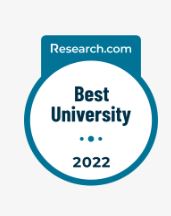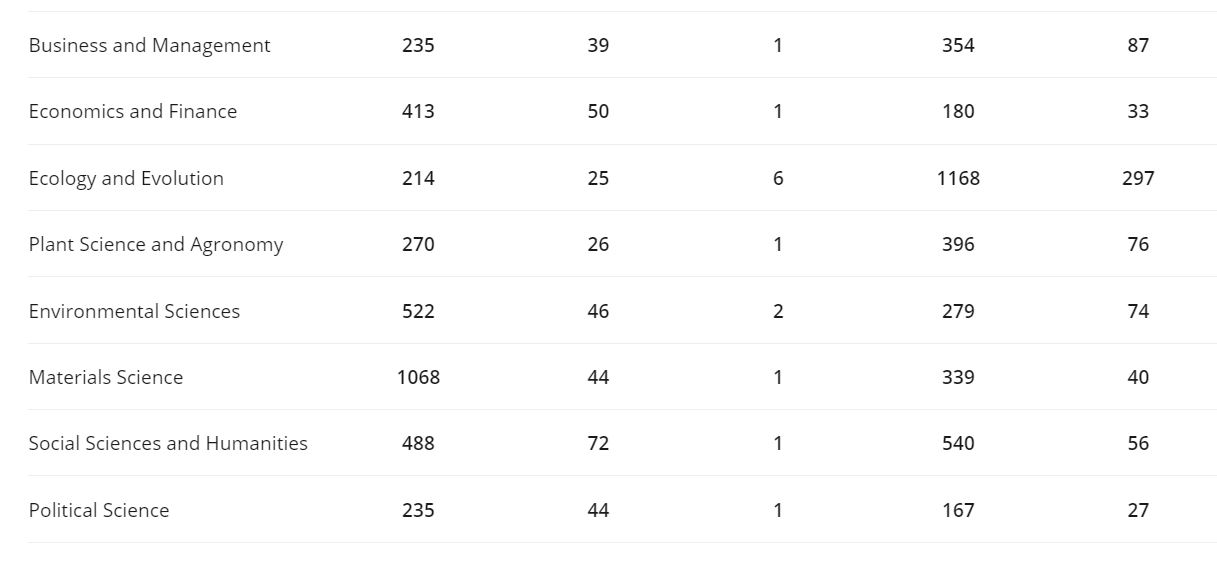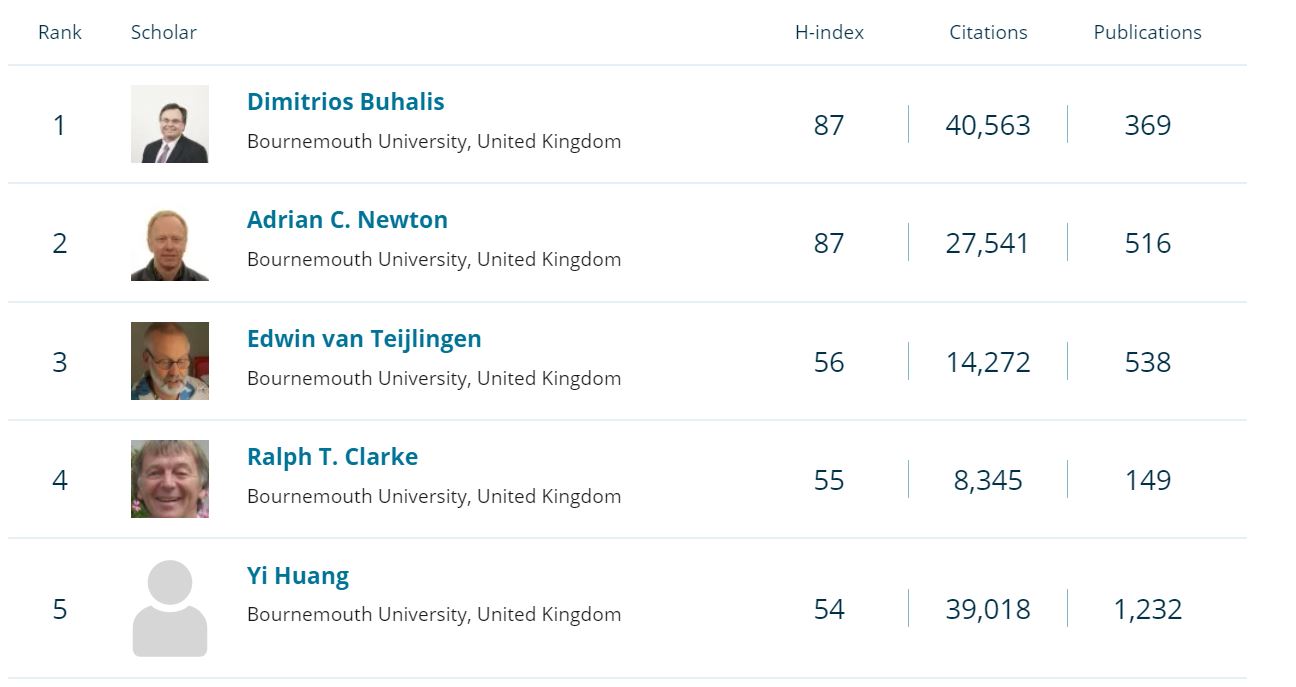Have you ever heard of agent based models, and wondered what they are? Have you perhaps been dazzled by computer simulations of flocking birds or shoals of fish, and wondered how they are produced? Or perhaps you enjoy computer games involving interacting individuals, such as the magnificent Fifa13. If so, you might be interested in a training course that we are hosting later this year, supported by the Fusion Fund.
Agent-based models (ABM) can be described as a type of computational model that are used for simulating the actions and interactions of autonomous “agents”. These can be either individuals, such as people or animals, or collective entities such as businesses or other types of organization. The models enable the behaviour of such agents to be explored in relation to the behaviour of the system as a whole. The approach is relevant to areas such as game theory, complex systems, computational sociology, multi-agent systems, and evolutionary programming. They are relevant to a wide range of research domains including ecological and social sciences, and enable the study of how simple behavioural rules can generate complex behaviour. They provide a very useful method for supporting interdisciplinary collaboration.
The course will be led by leading practitioners of this rapidly developing technique, and will focus on the use of Netlogo (http://ccl.northwestern.edu/netlogo/). This is an open source software environment, which is both powerful and user friendly, enabling attractive graphical output to be generated readily. The course is open to both staff and postgraduate students who are interested in learning the technique. While the course will be introductory, it is principally aimed at researchers who already have some experience in modelling, or who can see a direct potential application of this method to their own research. Please contact me for further information – Adrian Newton anewton@bournemouth.ac.uk
 This week Research.com, a leading academic platform for researchers, finished releasing the 2023 rankings of best scientists and universities in the world across all major scientific disciplines. Click here for a quick summary of how Bournemouth University stood in these rankings.
This week Research.com, a leading academic platform for researchers, finished releasing the 2023 rankings of best scientists and universities in the world across all major scientific disciplines. Click here for a quick summary of how Bournemouth University stood in these rankings. The single largest group of six BU academics belonged to ‘Ecology & Evolution’, two scholars are based in ‘Environmental Science’ and one each fit into six other individual scientific disciplines.
The single largest group of six BU academics belonged to ‘Ecology & Evolution’, two scholars are based in ‘Environmental Science’ and one each fit into six other individual scientific disciplines.











 Conversation article: Why so many people drown at the water’s edge
Conversation article: Why so many people drown at the water’s edge Workshop on longitudinal studies in three countries
Workshop on longitudinal studies in three countries New Bournemouth University public health paper
New Bournemouth University public health paper New ACORN-funded paper published. When time is short but passion for food is strong, food day-tripping may be the answer!
New ACORN-funded paper published. When time is short but passion for food is strong, food day-tripping may be the answer! Royal Society of Chemistry Outreach Fund: Open for Applications
Royal Society of Chemistry Outreach Fund: Open for Applications Last reminder – MSCA Postdoctoral Fellowships 2024 internal deadline next week
Last reminder – MSCA Postdoctoral Fellowships 2024 internal deadline next week Horizon Europe – EuroHPC and MSCA PF webinars
Horizon Europe – EuroHPC and MSCA PF webinars